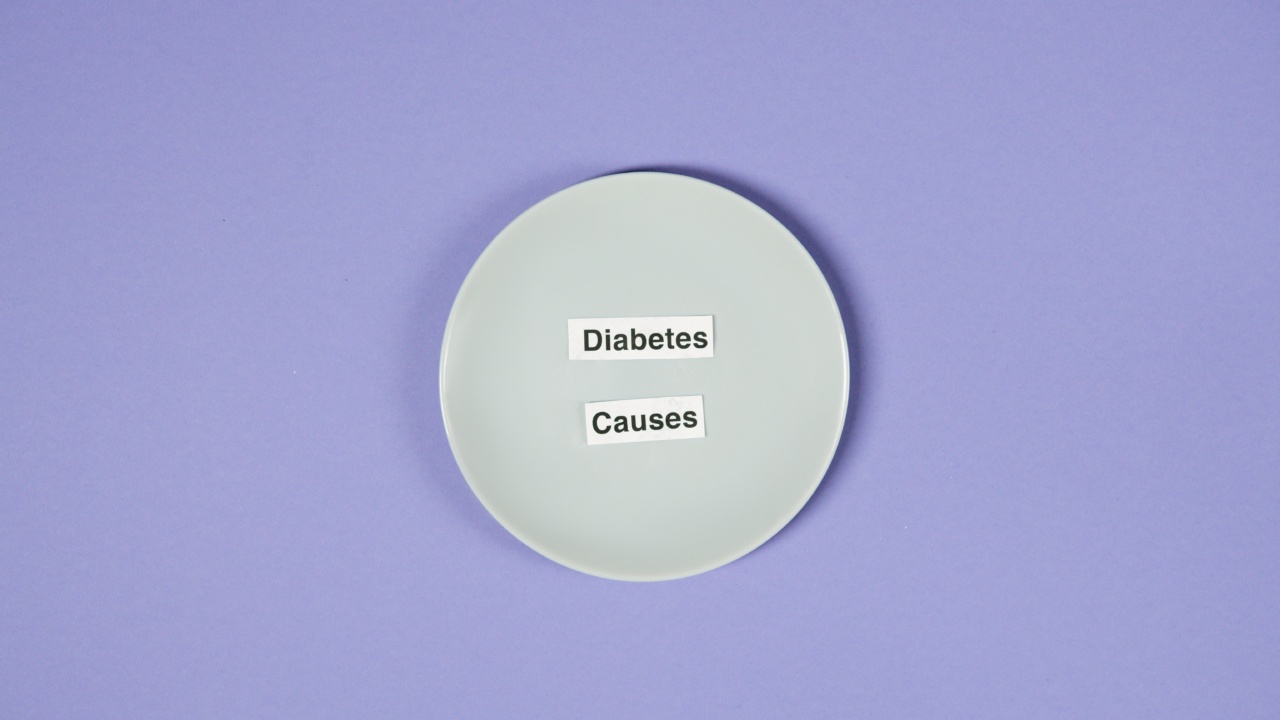Your metabolism is the process in your body that burns calories and converts food into energy. A slow metabolism can make it difficult to lose weight and keep it off. If you’re struggling with weight loss, a slow metabolism may be the culprit.
Here are the top 7 causes of slow metabolism:.
1. Age
As you age, your metabolism naturally slows down. This is because your body begins to lose muscle mass, which is known to burn more calories than fat.
As a result, your basal metabolic rate (BMR) decreases, which means you burn fewer calories at rest.
To combat the effects of aging on your metabolism, you can incorporate strength-training exercises into your routine to help preserve muscle mass.
2. Thyroid Disorders
Your thyroid gland is responsible for producing hormones that regulate your metabolism. If your thyroid gland isn’t functioning properly, it can slow down your metabolism.
Hypothyroidism, which is the most common thyroid disorder, can cause fatigue, weight gain, and a sluggish metabolism.
If you suspect you have a thyroid disorder, speak with your healthcare provider to get your thyroid hormone levels tested.
3. Lack of Sleep
Getting enough sleep is important for many aspects of your health, including your metabolism. When you don’t get enough sleep, it can disrupt the hormones that regulate your appetite and metabolism.
Studies have shown that sleep-deprived individuals have a slower metabolism and may be more prone to weight gain.
It’s recommended that adults aim for 7-9 hours of sleep per night to promote a healthy metabolism.
4. Poor Diet
Your diet plays a large role in your metabolism. If you’re not consuming enough calories or the right types of nutrients, it can slow down your metabolism.
For example, consuming a low-calorie diet for an extended period can slow down your metabolism because your body goes into starvation mode, which means it conserves energy by burning fewer calories.
Additionally, consuming a diet high in processed foods and added sugars can also negatively impact your metabolism.
To promote a healthy metabolism, aim to eat a balanced diet that includes lean proteins, complex carbohydrates, and healthy fats.
5. Sedentary Lifestyle
If you’re sitting for prolonged periods each day, it can slow down your metabolism. A sedentary lifestyle can lead to a decrease in muscle mass, which we know is responsible for burning more calories than fat.
To combat a sedentary lifestyle, try to incorporate more movement into your day. This can include taking the stairs instead of the elevator, going for a walk during your lunch break, or standing up during commercial breaks while watching television.
6. Genetics
While you can’t control your genetics, they can play a role in your metabolism. Some individuals may have a naturally slower metabolism due to genetics.
If you suspect your genetics play a role in your slow metabolism, speak with your healthcare provider to determine if there are any lifestyle changes you can make to promote a healthy metabolism.
7. Stress
Stress can impact many aspects of your health, including your metabolism. When you’re stressed, your body releases the hormone cortisol, which can slow down your metabolism.
Additionally, stress can lead to poor sleep quality and overeating, further exacerbating the negative impacts on your metabolism.
To combat stress, try to incorporate stress-reducing activities into your routine, such as yoga, meditation, or deep breathing exercises.































